1. Leopard vs. Nile Crocodile
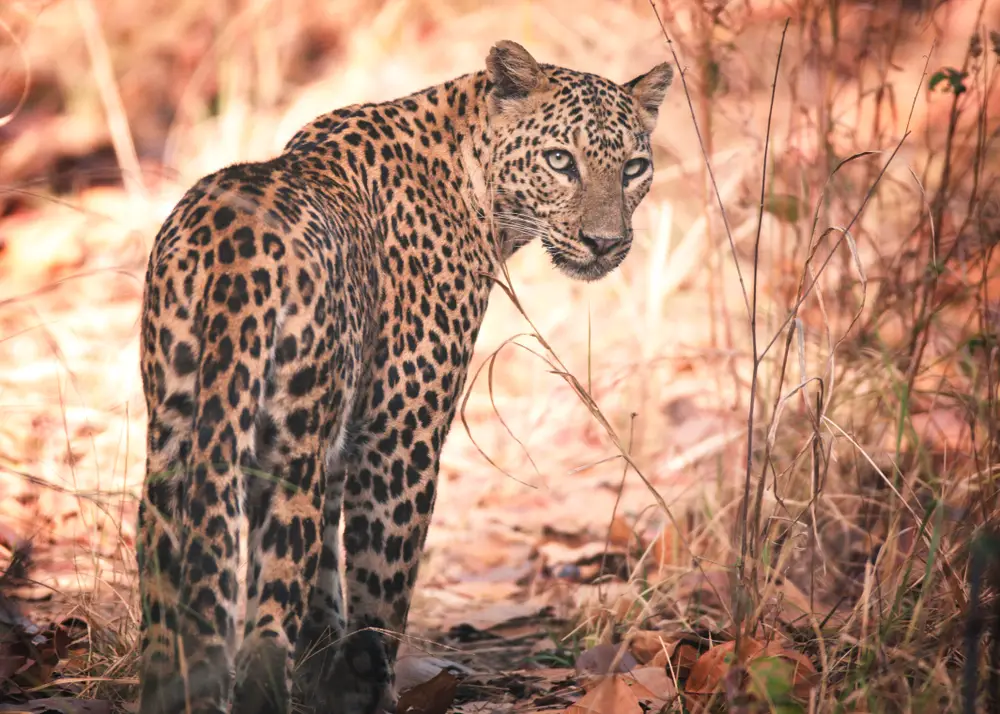
In South Africa’s Kruger National Park, a female leopard was filmed dragging a 13-foot crocodile up a tree. The ambush occurred as the croc sunbathed on shore—the leopard broke its neck with a precise bite to the spine. Researchers believe this rare event demonstrates how drought conditions force predators to take extreme risks. The leopard fed on her massive kill for three days before hyenas stole the remains. According to Kruger Park Times, such interactions are uncommon but not unheard of, showcasing the adaptability of leopards as opportunistic hunters.
2. Orca vs. Great White Shark

Off South Africa’s coast, orcas have developed a terrifying hunting technique—flipping sharks upside down to induce tonic immobility. In 2022, drone footage captured an orca killing a 10-foot great white, then surgically removing its liver. Marine biologists note this selective feeding suggests orcas have learned shark livers are especially nutrient-rich. The practice has caused great whites to flee entire regions when orcas are present. According to Oceanographic Magazine, these predatory behaviors have significantly impacted shark populations and marine ecosystems in South Africa.
3. Harpy Eagle vs. Howler Monkey
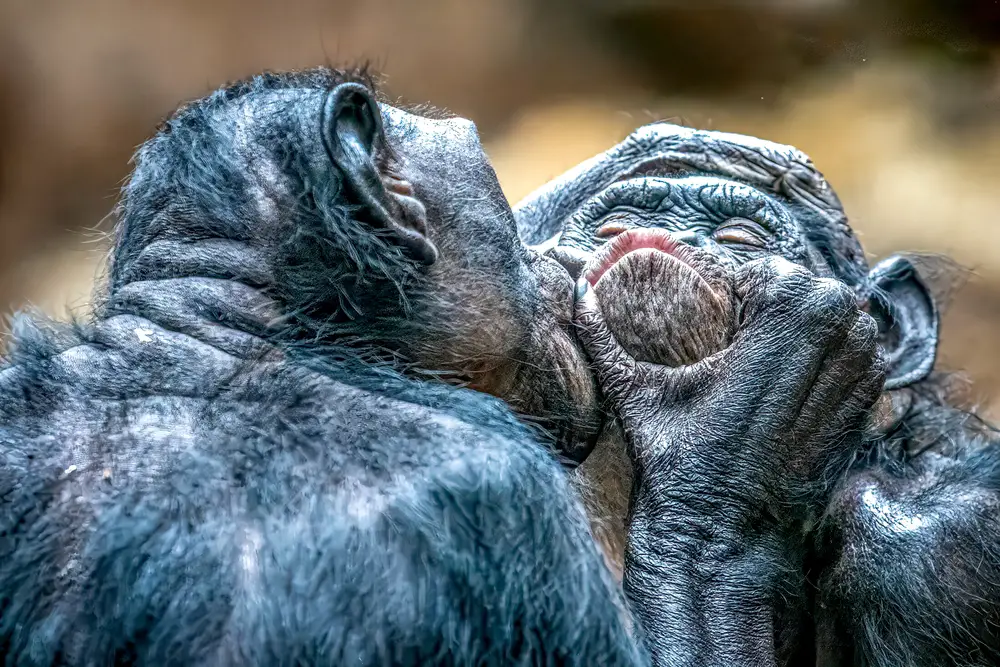
In the Amazon, the world’s most powerful eagle regularly hunts primates twice its weight. Researchers documented a female harpy snatching a 15-pound howler monkey mid-swing, carrying it to a nest 130 feet up. The eagle’s 5-inch talons exert 500 psi of pressure—enough to crush a human skull. This predation plays a crucial role in controlling monkey populations in fragile ecosystems. According to PubMed, studies on harpy eagles reveal their significant impact on prey species and the adaptive responses of primates to such predation threats.
4. Wolverine vs. Caribou
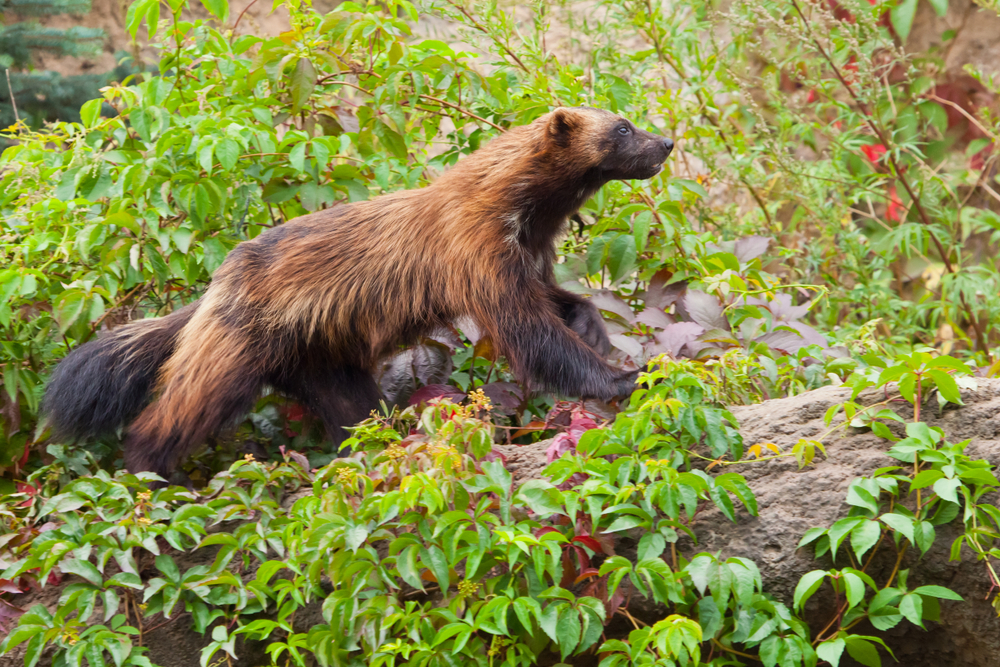
In the Arctic, a 40-pound wolverine was observed taking down a 400-pound caribou by relentlessly attacking its legs until it collapsed from exhaustion. The tenacious predator then buried the massive carcass under snow for later meals. Wildlife cameras have since captured multiple instances of this behavior, proving wolverines are among nature’s most fearless hunters relative to their size. According to Polar Research, wolverines demonstrate remarkable adaptability in predation and scavenging, often relying on caribou as a key food source in harsh environments.
5. Peregrine Falcon vs. Sandhill Crane
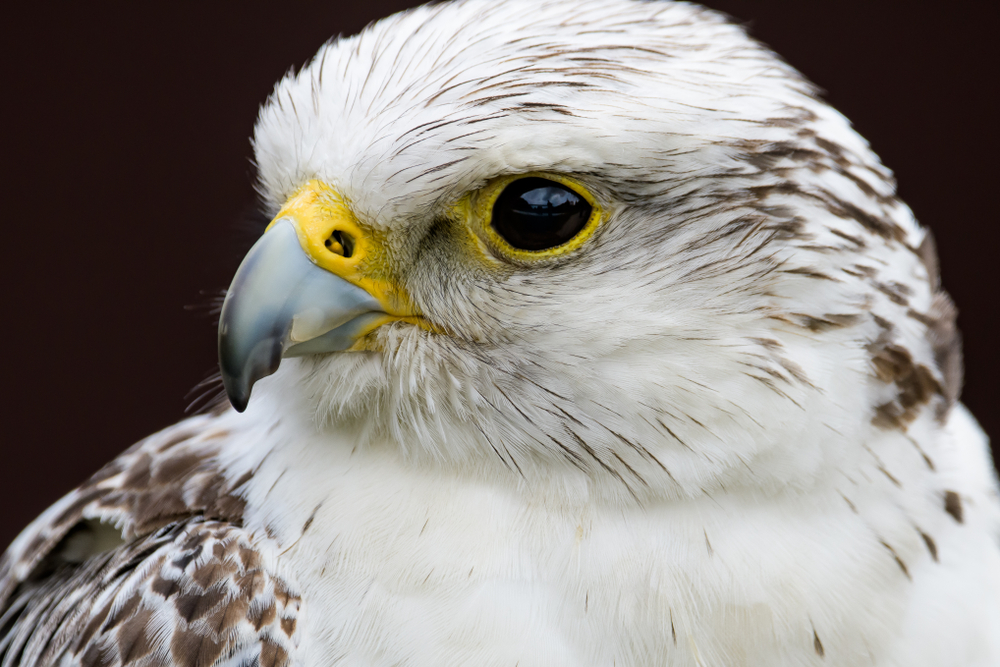
A falcon weighing under 3 pounds was filmed in New Mexico diving at 240 mph to strike a 12-pound crane mid-flight. The impact broke the crane’s wing, allowing the falcon to finish the kill on the ground.
This unprecedented footage changed scientists’ understanding of peregrine hunting capabilities, previously thought to be limited to smaller prey.
6. Honey Badger vs. Python
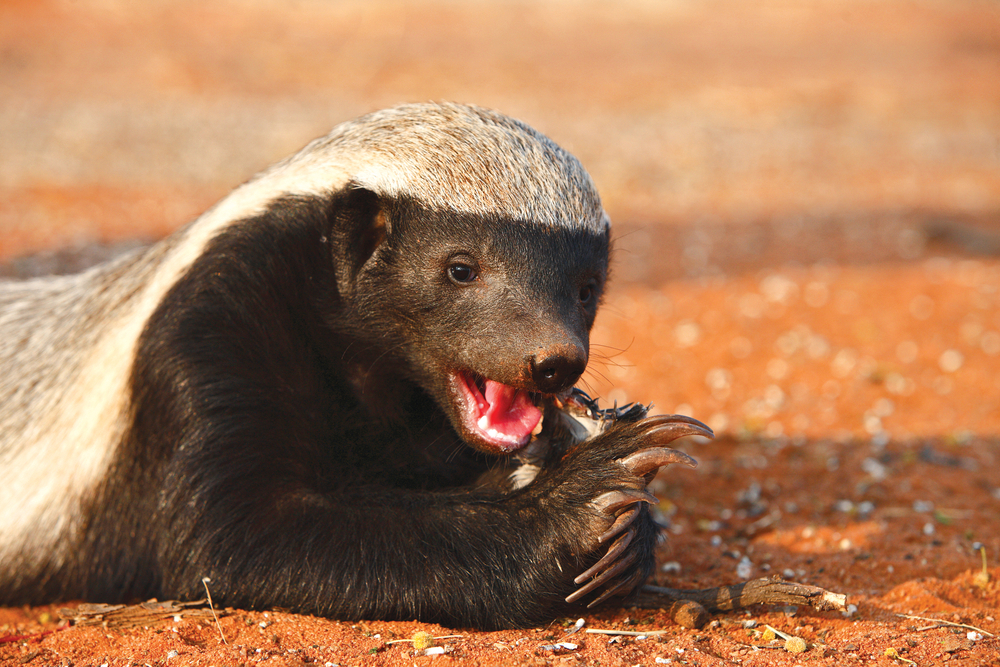
In the Kalahari, a honey badger was observed attacking a 13-foot rock python that had just eaten an impala. The badger bit the snake’s head repeatedly until it regurgitated the meal, then ate both the python and the stolen prey.
Researchers confirm honey badgers are one of the few predators that actively hunt venomous snakes, thanks to specialized immunity against neurotoxins.
7. Giant Otter vs. Caiman
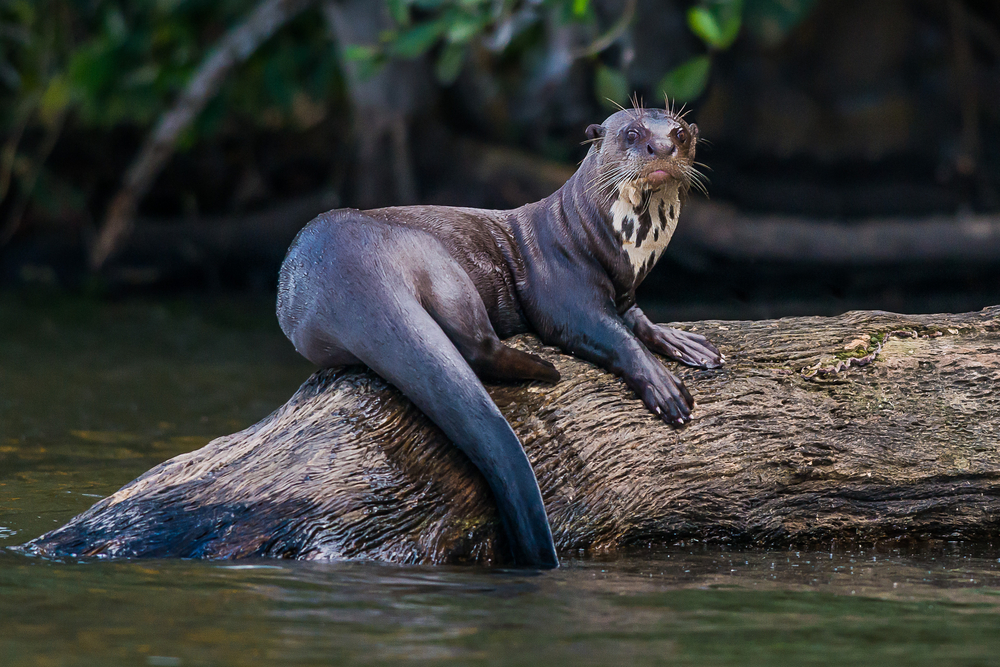
In Brazil’s Pantanal wetlands, a family of otters was filmed mobbing a 6-foot caiman. Working together, they distracted the reptile while others attacked its vulnerable underbelly, eventually drowning it.
This behavior demonstrates how cooperative hunting allows 50-pound otters to dominate predators three times their size in aquatic environments.
8. African Wild Dog vs. Wildebeest
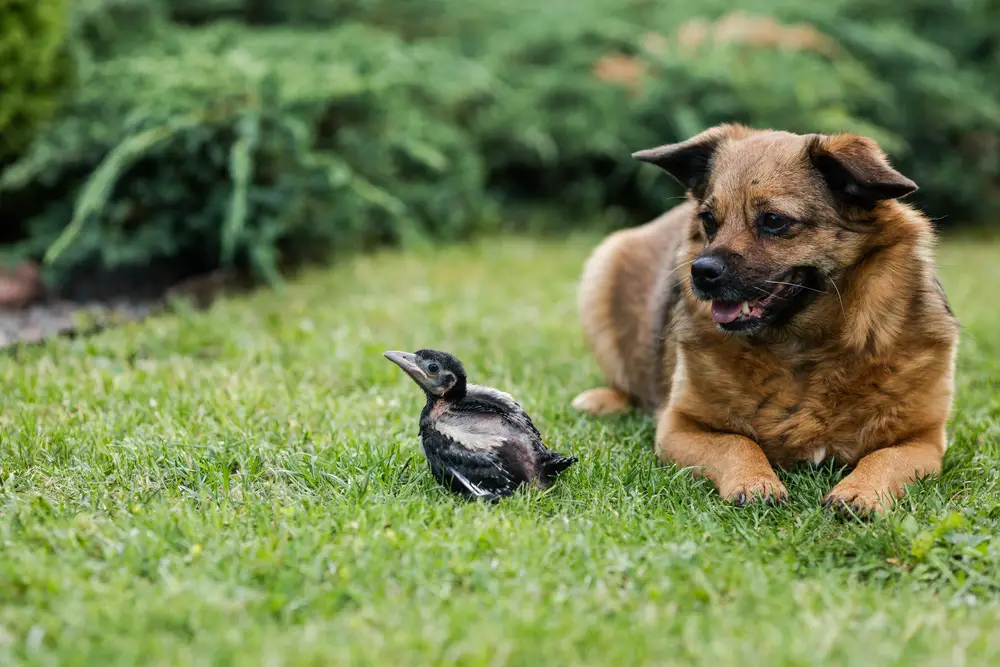
A pack of 15 wild dogs in Botswana was documented taking down a 600-pound wildebeest through coordinated exhaustion tactics. Taking turns to nip at its legs over a 3-mile chase, they wore it down before going for the kill.
The hunt demonstrated the dogs’ incredible stamina and teamwork – less than 20% of their chases succeed, but this one fed the entire pack for days.
9. Praying Mantis vs. Hummingbird
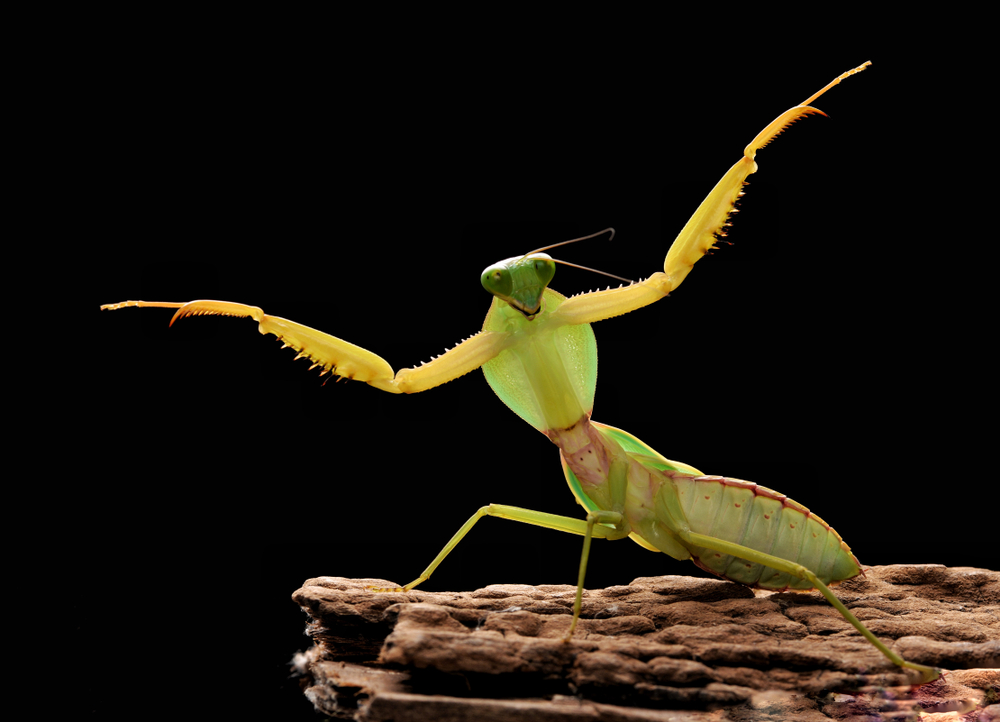
In a shocking backyard encounter, a 4-inch mantis was photographed capturing and eating a full-grown hummingbird. The insect’s lightning-fast strike pinned the bird mid-hover before methodically consuming it alive.
Entomologists note this rare behavior occurs when mantises position themselves at nectar feeders, treating birds like oversized flies.
10. Octopus vs. Shark
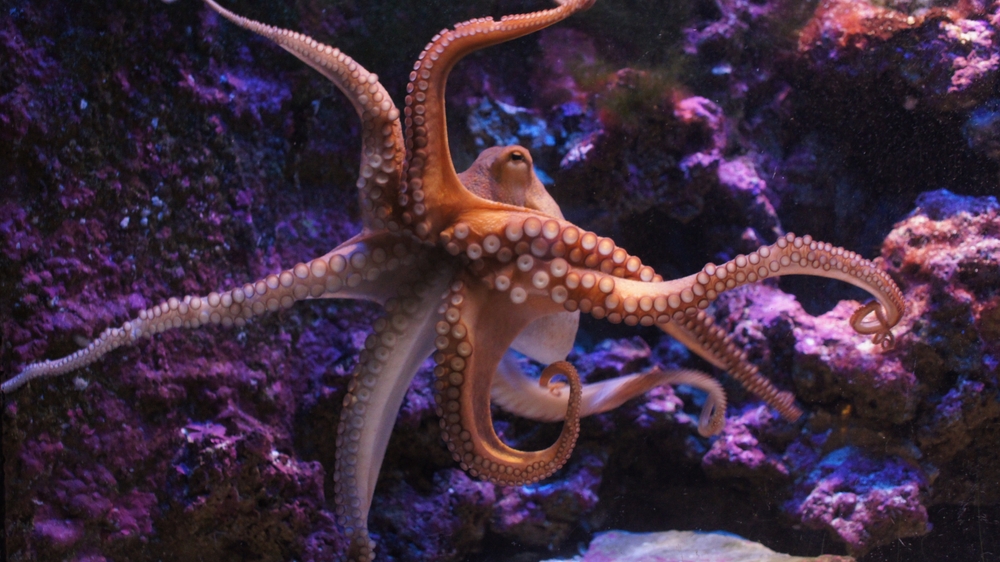
In a Seattle aquarium, a giant Pacific octopus was observed drowning a 3-foot dogfish shark that entered its tank. The cephalopod wrapped around the shark’s gills, suffocating it before consuming the carcass over several days.
This event shocked marine biologists, as octopuses typically avoid sharks. It demonstrated their problem-solving abilities and willingness to attack perceived threats.
